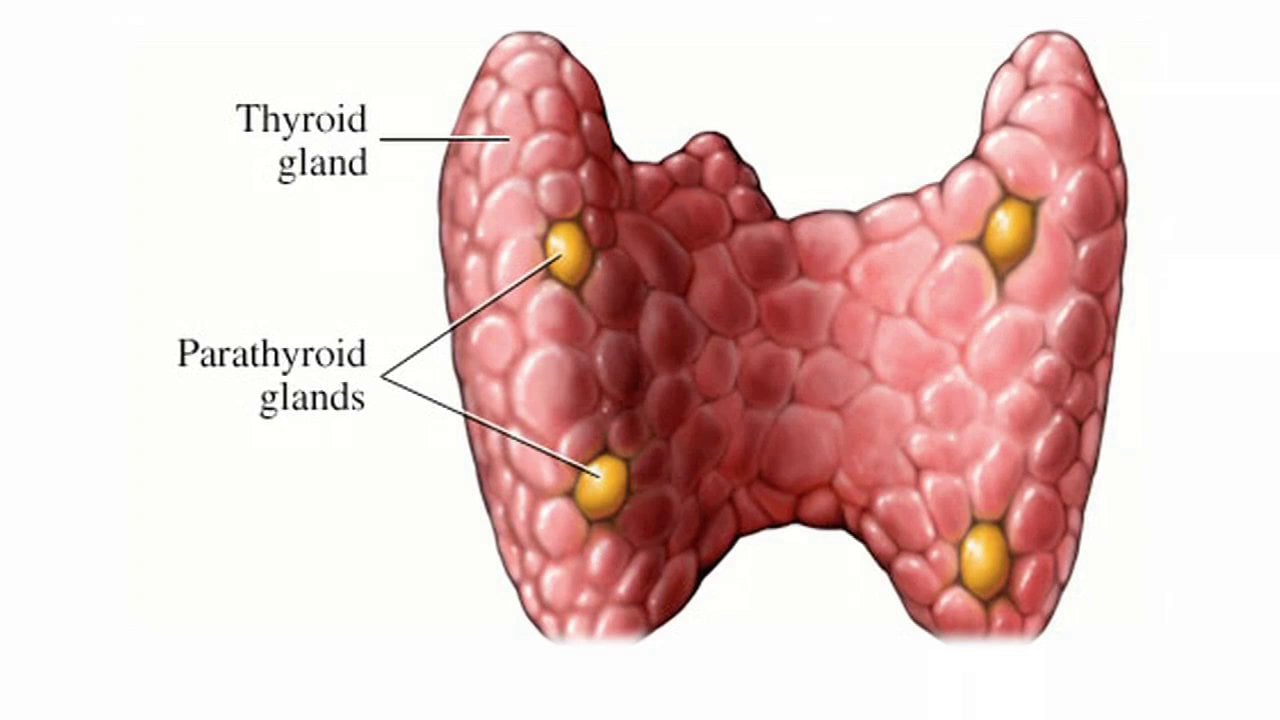TSH Range
The function of thyroid stimulating hormone (or TSH) is to regulate the normal levels of thyroid hormones in the body. It is a peptide hormone secreted by the thyrotrope cells of anterior pituitary gland. The TSH activates the thyroid gland to produce both Triiodothyronine(T3) and thyroxine (T4) hormones. The synthesis of TSH is regulated by the thyrotropin releasing hormone secreted by the hypothalamus, which also controls the anterior pituitary gland. Somatostatin, produced by the hypothalamus, is the antagonist (inhibitor) of thyrotropin releasing hormone. Moreover, mild imbalance of these two antagonistic hormones can significantly alter the TSH range. Here is a brief highlight about the TSH reference range that discusses about the normal and abnormal TSH range as caused by various medical conditions.
>> Discovering How To Heal Your Thyroid <<
Normal Range of TSH
The normal range of TSH varies in men and women. The normal TSH range widely differs for children, adults, and newborns. However, low or abnormal TSH levels indicate certain disorder. The following range of TSH outlines the normal TSH reference range, various levels of overactive and under active thyroid gland for adults. The normal TSH range for newborns and children has also been listed:
The TSH Level Count ranging from between 0.4 – 4mIU/L is considered to be a normal reference range.
An under active thyroid presents with a TSH ranging from 2mIU/L or more than that
A TSH level count ranging between 0.5 and 3mIU/L confirms thyroid disorder.
The normal TSH range for newborns ranges from between 1 – 39 mIU/L.
The normal TSH levels for children ranges from between 0.7 – 6.4 mIU/L.
TSH Range in Women
According to the American Association of Clinical Endocrinologists, the normal narrow margin of TSH for women ranges from between 0.3–3.04.
Although, TSH reference range can vary depending on the medical center or clinic; however, certain healthcare centers preferred a TSH range of less than 2 in women, provided the patient has no hypothyroidism related symptoms.
A TSH level greater than 2 indicates clinical or subclinical hypothyroidism.
Normal Levels in Children
The range of normal TSH levels for full term newborns is higher, as it can range from between 1.3 and 16 micro units per ML of blood.
The TSH range gradually reduces to 0.9 to 7.7 micro units per milliliter after 30 days.
The TSH narrows to 0.6 to 5.5 micro units per milliliter in school going children.
The normal TSH level gradually decreases in children; however, the free thyroid hormone (T4) levels in the blood will be relatively balanced for certain period.
TSH Reference Range in Men
Some researchers advise that the TSH reference range in men and women ranges from between 0.50 to 3.5 mIU/L
The preferred reference range in the United States ranges from 0.50 to 5.5 mIU/L.
Expert endocrinologists have set the revised American standards for TSH normal reference range from 0.3 to 3.3mIU/L in adults.
According to some medical laboratories, the normal TSH level ranges between 0.4 – 4mIU/L or 0.4 – 4.5.
In general, the normal reference range of TSH for both men and women are equal according to labs.
Normal TSH Range During Pregnancy
According to researchers, the following TSH counts are considered to be normal ranges for pregnant women.
The normal TSH count during the First trimester of pregnancy ranges from between 0.24 – 2.99.
During Second trimester, the normal and preferred range of TSH ranges from 0.46-2.95
The normal TSH count during the third Trimester is between 0.43 – 2.78
High TSH Range Implications
High TSH signifies primary hypothyroidism.
It indicates TSH-dependent hyperthyroidism.
It is suggestive of the development of resistance to thyroid hormone.
Above normal TSH range is also evident in veterinary doctors or laboratory workers, who are exposed to mice.
High TSH range is a warning sign of Cretinism.
Implications of Low TSH Levels
Low TSH range is suggestive of hyperthyroidism.
It also indicates insufficiency of thyroid stimulating hormone (TSH) in the system.
Intake of certain medications such asbexarotene, glucocorticoids, and dopamine agonists can also reduce TSH level.
Causes of Low TSH Levels
Low TSH is generally caused by various thyroid malfunctions such as secondary hypothyroidism, hyperthyroidism, and tertiary hypothyroidism.
Elevated thyroid hormone levels can force the pituitary to produce less TSH.
In primary hypothyroidism, a malfunctioning thyroid gland can prevent thyroid hormone release, thus lowering the TSH.
In secondary hypothyroidism, TSH is not sufficiently released due to the malfunctioning pituitary gland.
In tertiary hypothyroidism, TSH is not released due to a malfunctioning hypothalamus.
Causes of Elevated TSH
Presence of heterophile antibodies
Resistance to Thyroid hormone
TSH secreting tumor
Hypothalamic pituitary disorder
TSH receptor mutation
Recovery from silent or subclinical thyroiditis and non-thyroidal illness.
>> Discover This 30-Second Fix <<
Filed Under: TSH Range

